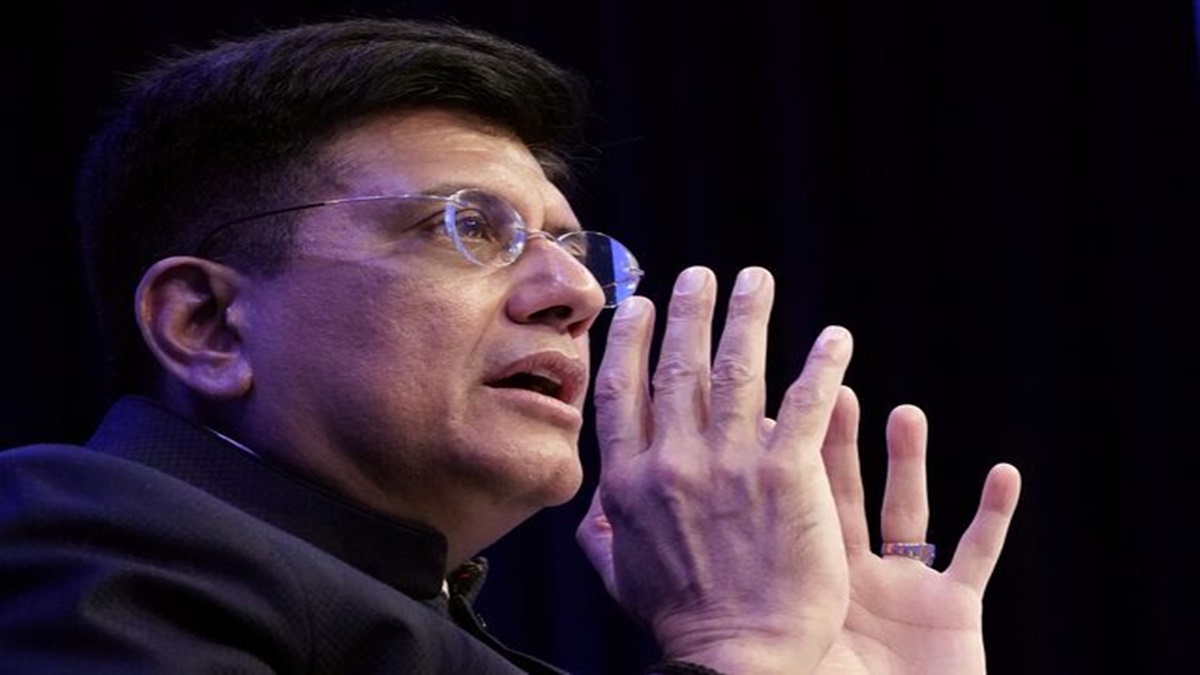The government will increase efforts to boost the capacity of local industry to compete and take advantage of the India-UK Comprehensive Economic and Trade Agreement (CETA), and more such pacts with developed countries, including the US, which is in an advanced stage of negotiations, commerce and industry minister Piyush Goyal said on Saturday.
“I am going to meet every sector. Everyday I will be meeting one sector to discuss their ability to compete, to scale up and to expand capacity. So far the mindset of the industry has been oriented for the domestic market, but now we want the industry to grow by leaps and bounds,” he told media.
FTAs with US, EU, Oman near finalisation
He said India is in a very advanced stage of negotiations on the FTAs with the US, Oman and European Union (EU). “Agreement with Oman is almost finalised. Negotiations with the EU and the US are making fast progress.”
When asked whether an interim deal with the US might come through before the second extension of the deadline for implementation of reciprocal tariffs by the Trump administration ends on August 1, an official said the “possibility exists”.
Substantial progress has been made in trade pact negotiations with Peru and Chile. “The agreements are with countries that do not threaten India as a competitor but complement our own strengths,” Goyal said.
Warehousing, state outreach
The ministry is also working on new ideas for export promotion to take advantage of the FTAs nearing conclusion. One of the ideas is replicating facilities like Bharat Mart that is coming up in Dubai. The mart in Dubai will be operational by the end of 2026 and will be a warehouse to showcase Indian products.
“We are going to look at other countries where we are going to support warehousing of Indian goods, besides other measures to promote India’s products. The commerce ministry is focusing its attention on marketing and taking our Indian manufacturers to advanced standards,” Goyal said.
After meetings with industry sectors, ministry officials will be visiting states to sensitise them of opportunities that the India-UK trade agreement has opened up for goods specific to them, such as textiles, leather and food products.
The India-UK CETA signed on July 24 could take up to a year to come into force as the process of ratification of the agreement may take time in the UK. The pact will allow 99% of the Indian exports to enter the UK duty free and cover almost 100% of the trade in value terms.
For the UK, India will reduce or eliminate duties on 90% of the tariff lines that account for 92% of the imports.
As the UK gets on with the ratification process, India would start making contacts with businesses in the UK by sending delegations so that it can start leveraging the CETA as soon as it materialises, the minister said. “I have already talked to the Indian mission in the UK.”
The immediate target for the FTA is to double bilateral trade – both goods and services — to $112 billion by 2030 from $56.9 billion in 2024-25. The talks on the agreement began in January 2022 and were concluded on May 6 this year. Initially the agreement was to cover 26 chapters or policy areas but by the end of talks their number has gone up to 30.

